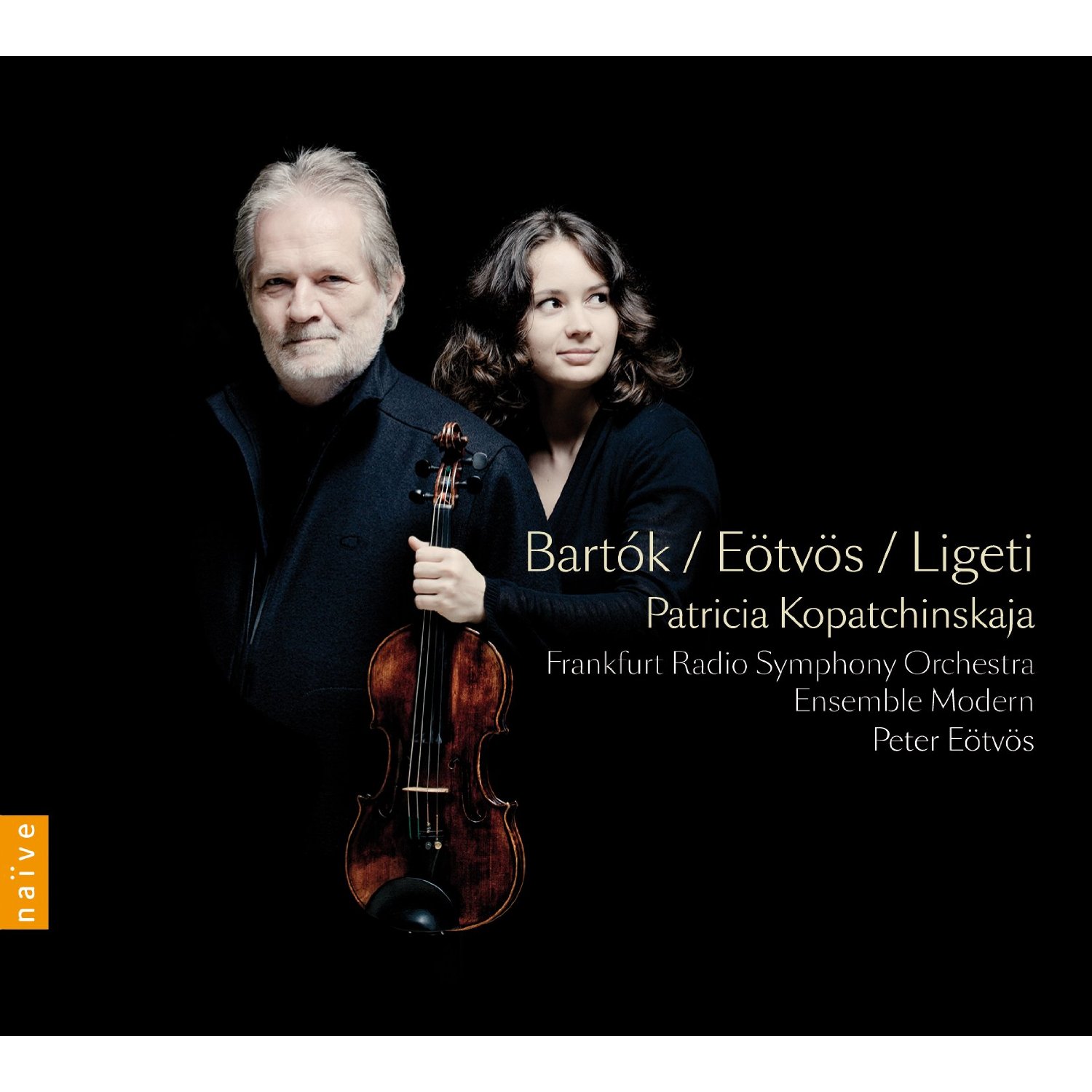


Holst? Yes. Britten? Maybe. But John Adams? Programming Adams’ Guide to Strange Places as the extended opener in this National Youth Orchestra of Great Britain concert made complete sense after a few minutes; conductor John Wilson’s strengths as an interpreter of Hollywood film scores and British light music made him ideally suited to unpick the thornier metrical complexities of the Adams work. Wilson’s beat is disarmingly precise, every gear change spelt out with refreshing precision.

Faced with yet another world premiere from his friends in the Borodin Quartet, Shostakovich severely asked them whether they’d yet played all of Haydn’s quartets (they hadn’t). As a listener, I feel the same about Bach’s cantatas. Whether or not a lifetime will be enough to catch each of these varied and ever surprising little miracles in the flesh, Kings Place’s Bach Unwrapped series includes a chance to hear nearly 30 of the 200 from seven different ensembles in less than a year. Unfortunately it looks as if I drew the short straw at the end of the first four concerts.

The Mayan calendar recently suggested it was all over. It is now, almost. 2012 was, by anyone’s lights, an annus mirabilis for culture on these shores. The world came to the United Kingdom, and the kingdom was indeed more or less united by a genuine aura of inclusion. Clumps of funding were hurled in the general direction of the Cultural Olympiad, which became known as the London 2012 Festival, and all sorts leapt aboard. Just for a start, those opera companies who had been burning to perform a version of Vivaldi's L'Olimpiade could now finally proceed.

Messiahs of all kinds multiply at this time of year: the meek and the threadbare as well as the proud and polished. On the Sunday before Christmas, it was hard to choose between two potential archangels who could hardly fail given their respective pedigrees. It may have initially come down to a choice between single star soloists, soprano of the year Sophie Bevan at the Wigmore or flawless countertenor Iestyn Davies (pictured below by Marco Borggreve) at St John’s.

Valery Gergiev’s exploration of the music of Karol Szymanowski is one of the most vitalising series mounted at the Barbican in recent years - to compare, say, with Sir Colin Davis’s Sibelius and Berlioz, Michael Tilson Thomas’s tributes to Leonard Bernstein, or Gergiev’s own Shostakovich and (increasingly) Prokofiev.

Philip Glass is sufficiently famous that his 75th Birthday celebrations have been going on all year (he was actually 75 in January) and the year saw two of the absolute highlights of his career presented at the Barbican. His first opera Einstein On The Beach and last night, the soundtrack to his first film score Koyaanisqatsi, performed alongside the film itself, with Glass on keyboards. More of his “greatest hits” will be performed at the Union Chapel in Islington tonight.

If you’ve ever wondered what a bad day at the office looked like for Handel then look no further than Belshazzar – an oratorio that positively demands heavenly intervention and possibly a bit of smiting. With a first act that worried even the composer with its length, a confused magpie plot and a libretto whose worst excrescences outdo even those of Congreve’s Semele, it’s one of those neglected works that gain little by being dragged out into the light, even by such distinguished champions as William Christie and Les Arts Florissants.

Why so much of Vladimir Jurowski and the LPO on theartsdesk, you may ask, when other concerts pass unremarked? The answer is simple: quite apart from the immaculate preparation and the most elegant conducting style in the business, Jurowski programmes with an imagination matched by none of London’s other principal conductors – unless you like lots of Szymanowski served up by Gergiev with lumpy Brahms – and, more important, always finds connections.

